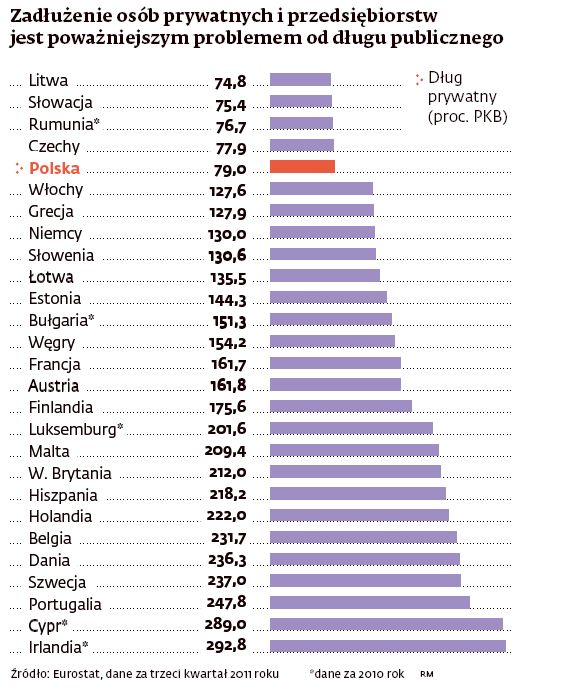Very interesting but please do not copy what you find on the net without checking accuracy
If you refer to my post, #274, I stand by my numbers (more or less, barring some mistakes). But that post was not about what's good and what's bad for the people, but about data manipulating by some members here. I never said anywhere that I was supporting the new pension reform in Poland.
one cannot compare retirement in Western countries, where most retirees have comfortable life with what happens for instance in Poland where most retirees live in big poverty.
That's definitely right. I'd love to be a retiree in France. :-)
However....
I am French and I can talk about my country. The retirement age (currently 60 for both men and women) shall go up to 62 or remain at 60 in certain cases (those who started working at an early age).
On October 27, 2010, France's parliament granted final approval to a bill increasing the minimum retirement age progressively from
60 to 62 until 2018, and the age for
full benefits from 65 to 67. Sarkozy signed it in November 2010.
That's your current law.[Hollande was just elected on a
promise of lowering the retirement age from 62 down to 60 years old. We will see when and how he does it.]
And could you explain this little full benefits clause? What I understand is this: you can retire, if you wish at the age of 62 (60), but you will not get full benefits until you are 67(65) years old. Is that right?
So should not we rather talk about
early retirement age - 62 and
normal retirement age - 67 instead? Those are the terms used in various publications, such as this: en.wikipedia.org/wiki/Retirement . So why to hide the truth?
So what's the difference between this and new Polish retirement age law? According to this, Poles can elect early retirement too: women at 62 with 35 years seniority, men at 65 and 40 years seniority. With half the full pension, which is crazy of course, but they can do that. :-(
But:
In France, in the private sector (as opposed to special retirement plan for government-owned corporations), aside from minimum age of 67(65), you also need the minimum number of years of contribution to the retirement fund in order to receive full pension, which is what - 40 years?
In Poland (ignoring certain privileged professions here - police, mining, etc.) one would be entitled to a minimum pension, only if he/she demonstrates 25 years of insurance seniority, which is a sum of work seniority and periods of sick pays.
Currently the minimum pension is set at very low level of 800 zł; 1500 zł would be more adequate, as most polled Poles think. But that's another story...
And one more thing:
At the age of 40, it is hard to be hired so after 60??????
This argument is moot, because it all depends on professions. For example, in prosperous Canada, where I live, the chance to be hired by a private company as an average programmer at the age of 35, is close to nil - unless one is a top consultant in some specialized field. There is one reason only: young people are much cheaper, less self assured and less demanding.
Comparing France vs. Poland on this score:
Employment rate of 60-64 age group, 2010: France 18%, Poland 20%, EU average %30, Germany 40%, Sweden 60%
Yes, there are many good incentives and many countries, including France and Poland, implement them for better and for worse. I think this is the main issue regarding the retirement reform, not the retirement age. This is where the main efforts should be directed. But that's the different story...


